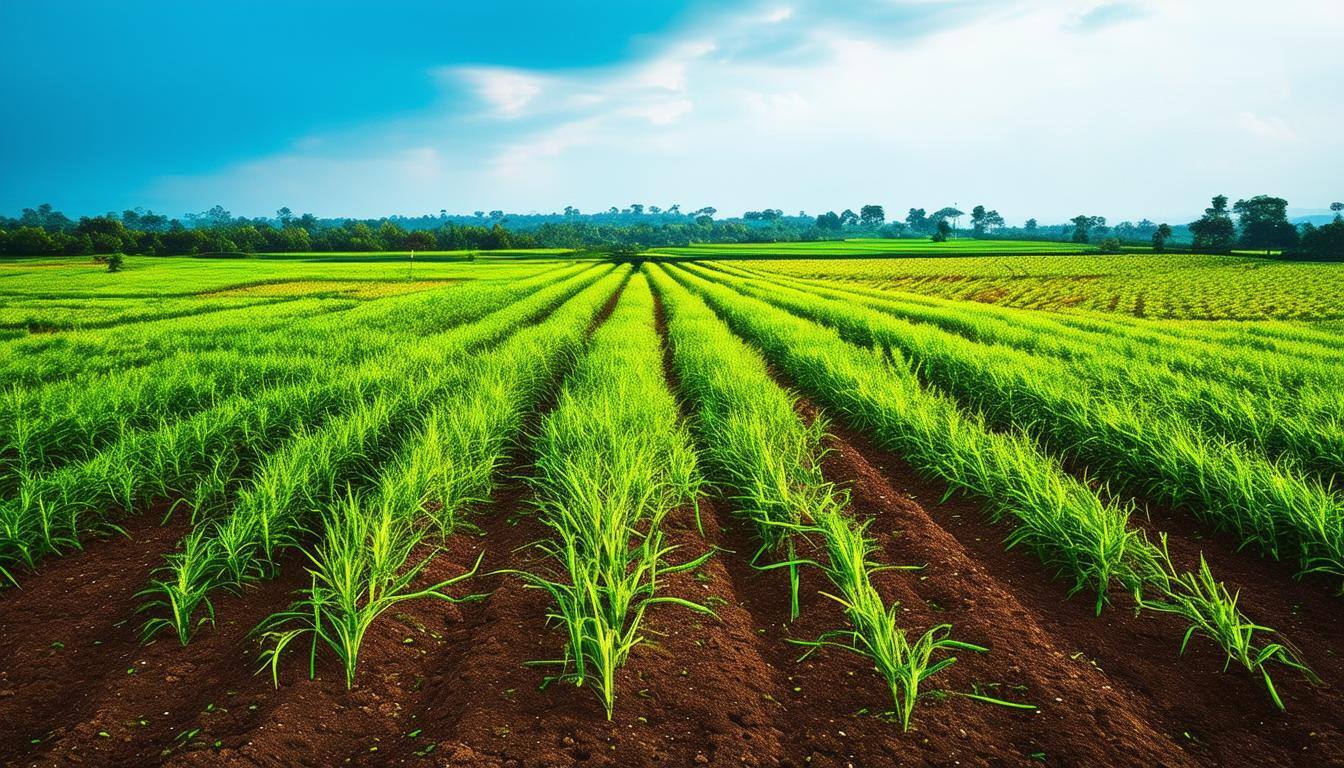FAMI-QS (Feed Additives and Premixes Quality System) certification is a globally recognized standard specifically designed for the manufacturers of feed additives and premixes. It serves as a crucial benchmark for ensuring the quality and safety of feed products, thereby safeguarding animal health and, by extension, human health. The certification is based on a comprehensive framework that incorporates various aspects of food safety management, quality assurance, and regulatory compliance.
The Importance of FAMI-QS Certification
In an era where food safety and quality are under increasing scrutiny, FAMI-QS Certification provides critical advantages for companies involved in the specialty feed ingredients and their mixtures sector. This certification is also closely aligned with the principles of Food Safety Certification, reinforcing a company’s commitment to high safety and quality standards. Here’s why FAMI-QS Certification is essential:
- Enhanced Credibility: Achieving certification demonstrates a commitment to quality and safety, enhancing the organization's reputation among customers, suppliers, and regulatory bodies.
- Market Access: Many clients and markets require FAMI-QS certification as a prerequisite for doing business, thus facilitating access to new opportunities.
- Risk Management: The certification process includes a thorough risk assessment, enabling companies to identify and mitigate potential hazards in their production processes.
- Continuous Improvement: The FAMI-QS framework promotes a culture of continual improvement, encouraging organizations to regularly evaluate and enhance their practices.
Key Components of FAMI-QS Certification
The FAMI-QS standard is structured around several key components, each addressing critical areas of the manufacturing process:
- Management Responsibility: Top management must demonstrate a commitment to quality and safety, ensuring that adequate resources are allocated and that the quality policy is effectively communicated throughout the organization.
- Quality Management System: Organizations are required to establish and maintain a documented quality management system that outlines processes, responsibilities, and procedures to ensure product quality.
- HACCP Principles: The certification emphasizes the application of Hazard Analysis Critical Control Point (HACCP) principles to identify and control potential hazards in the production process.
- Traceability: Robust traceability systems must be implemented to track raw materials and finished products, allowing for effective recalls and accountability.
- Training and Competence: Personnel must be adequately trained and competent to perform their roles, ensuring that quality standards are met consistently.
The Certification Process
Obtaining FAMI-QS certification involves several structured steps:
- Pre-Assessment: Organizations often begin with a pre-assessment to identify gaps in their current practices relative to FAMI-QS requirements.
- Document Preparation: Companies must develop and document their quality management system, including policies, procedures, and records needed for compliance.
- Implementation: The documented systems and processes must be implemented effectively within the organization.
- Internal Audit: Conducting an internal audit allows organizations to evaluate their compliance and identify areas for improvement before the certification audit.
- Certification Audit: An external audit is performed by a FAMI-QS accredited certification body, assessing compliance with the standard.
- Continuous Monitoring: Once certified, organizations must engage in continuous monitoring and periodic audits to maintain compliance and facilitate renewal of the certification.
Benefits of FAMI-QS Certification for Stakeholders
The positive implications of FAMI-QS certification extend beyond the certifying organization:
- Consumers: Consumers benefit from greater assurance regarding the safety and quality of animal feed products, contributing to overall food safety.
- Regulatory Authorities: Regulatory bodies gain confidence in the adherence of certified companies to safety standards, aiding in the overall management of food safety risks.
- Producers: Farmers and livestock producers experience enhanced productivity and health of their animals, as certified feed additives are formulated to meet stringent safety and quality criteria.
Challenges and Considerations
While the benefits of FAMI-QS certification are substantial, organizations may face challenges during the certification process:
- Resource Allocation: Implementing the necessary changes to achieve compliance can be resource-intensive, requiring time, personnel, and financial investment.
- Complexity of Standards: Understanding and interpreting the certification requirements can be daunting, particularly for smaller organizations with limited experience in quality management systems.
- Maintaining Compliance: Continuous compliance requires ongoing commitment and regular updates to processes and training, which can strain organizational resources.
Conclusion
FAMI-QS certification stands as a vital element within the feed industry, promoting high standards of quality and safety. By adopting this certification, organizations not only enhance their credibility but also contribute to the overall safety of the food chain. As the industry continues to evolve, the importance of robust quality management systems and adherence to recognized standards will only increase, making FAMI-QS certification a strategic asset for any organization involved in the production of feed additives and premixes.





.webp?width=1644&height=1254&name=Food%20Safety%20Dashboard%201%20(1).webp)
